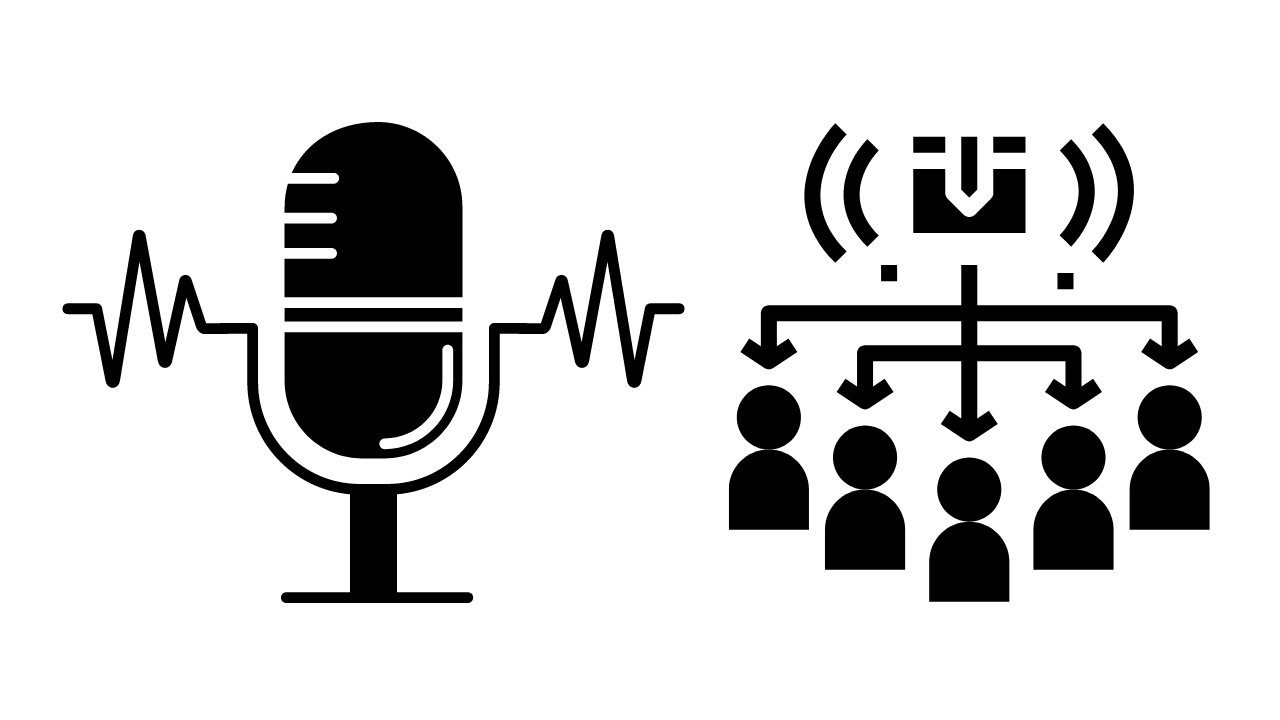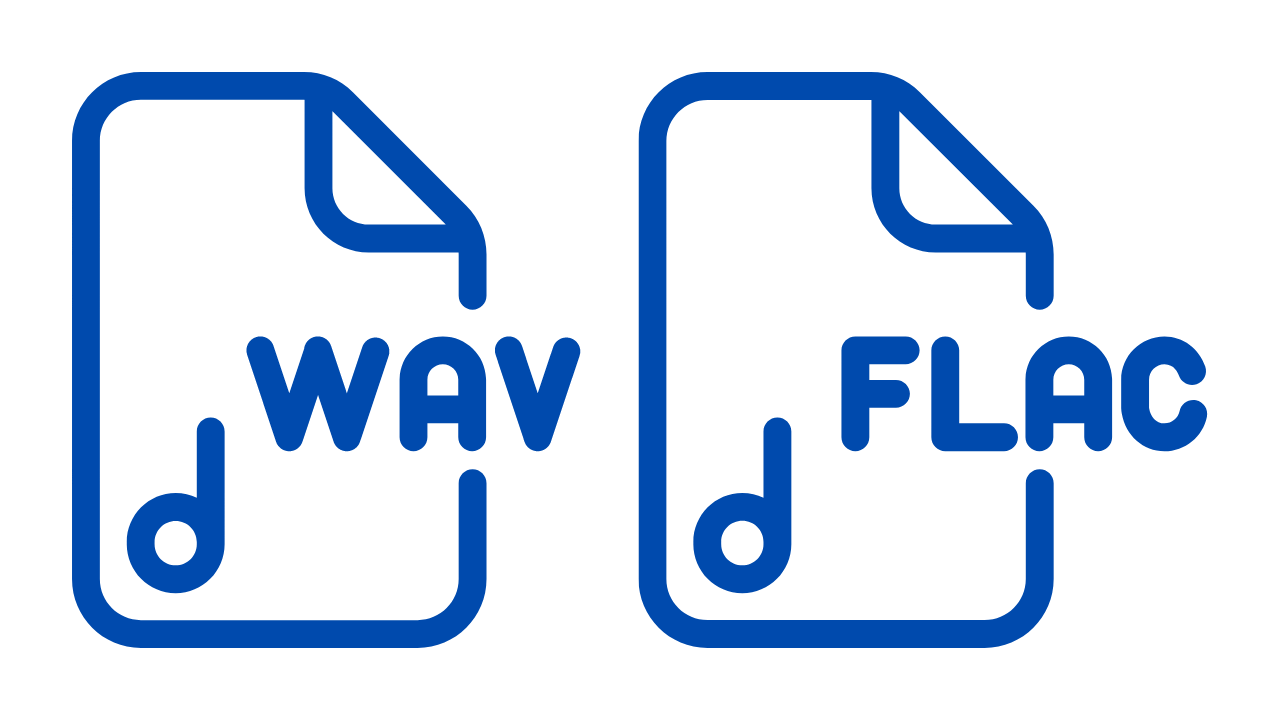I'm currently learning about different ways to do music fingerprinting. In this article, I'm simply identifying how to do it using Echoprint. Here's how I did it.
I used Ruby Rake to run command line scripts. You can certainly type these commands inside of Terminal but this method allows me to better organize my scripts into something useful.
Step 0 - Download a sample wav file
Thank you Trent Reznor for providing us with content that's cool to work with 999,999 (Flac). We'll use this file to manipulate stuff.
Step 1 - Install Homebrew
If you are unfamiliar with Homebrew, read this article.
Step 2 - Install Rake
You will need Ruby rake for the rest of this tutorial. If you're on a mac, simply enter this into Terminal.
gem install rake
Step 2 - Create a Rakefile
Create a file called Rakefile and paste this code.
namespace :ffmpeg do
desc %Q{ ›› Install FFMpeg Encoder }
task :install do
# https://gist.github.com/predakanga/2376835
sh %{ brew install ffmpeg boost taglib }
end
desc %Q{ ›› Encode Wav to FLAC }
task :encode, [:input, :output] do |task, args|
input = args.input
output = args.output
sh %{ ffmpeg -i #{input} -c:a flac #{output} }
end
desc %Q{ ›› Read ID3 tag within a specific file (.wav,.mp3) }
# Source http://stackoverflow.com/a/35166619
task :probe, [:file] do |task, args|
file = args.file
sh %{ ffprobe -print_format json -show_entries stream=codec_name:format -select_streams a:0 -v quiet #{file} }
end
desc %Q{ ›› Strip metadata and remove artwork (without encoding) }
# Source http://stackoverflow.com/a/20202233
task :strip, [:input, :output] do |task, args|
input = args.input
# If no output is specified, the file will be overwritten
output = args.output || input
sh %{ ffmpeg -i #{input} -vn -codec:a copy -map_metadata -1 #{output} }
end
end
Install
This command simply tells homebrew to download some necessary libaries.
rake ffmpeg:install
A few more functions
Confirm whether the WAV file holds any metadata.
rake ffmpeg:probe[~/Desktop/01999999.wav]
Strip out any metadata if necessary.
rake ffmpeg:strip[~/Desktop/01999999.wav]
Step 3 - Convert WAV to FLAC
Convert WAV file to FLAC format.
rake ffmpeg:encode[~/Desktop/01999999.wav,~/Desktop/01999999.flac]
Step 4 - Identifying music through fingerprinting
Now that we've converted a WAV file to FLAC, the next step is to find the ID3 tag data. There are a bunch of excellent tools out there but for this example, I will use the EchoNest tool called EchoPrint Codegen.
Add this to your existing Rakefile. We'll keep things organized by wrapping these commands with a echoprint namespace.
namespace :echoprint do
desc %Q{ ›› Download Echoprint Server Dependencies }
task :server_dependencies do
# Remove existing Github Repo
sh %{ rm -rf #{destination}/echoprint-server }
# Download the repo to your local ~/Desktop
sh %{ git clone git://github.com/spotify/echoprint-server.git #{destination}/echoprint-server }
# Install JQ library http://brewformulas.org/Jq
sh %{ brew install jq }
# Database manager http://fallabs.com/kyotocabinet/
sh %{ brew install kyoto-cabinet }
# Tokyo Tyrant replacement http://fallabs.com/tokyotyrant/
sh %{ brew install kyoto-tycoon }
sh %{ brew cask install caskroom/versions/java8 }
sh %{ brew install solr }
sh %{ solr start }
end
desc %Q{ ›› Download Echoprint Client Dependencies }
task :client_dependencies do
# Change directory to desktop
Dir.chdir(destination) do
sh %{ rm -rf #{destination}/echoprint-codegen }
# Download this specific repo from within Github
sh %{ git clone -b release-4.12 git://github.com/echonest/echoprint-codegen.git }
end
end
desc %Q{ ›› Install Echoprint Server }
task :install_server => [:server_dependencies] do
Dir.chdir(destination + '/echoprint-server') do
sh %{ python setup.py install}
end
end
desc %Q{ ›› Install Echoprint Client }
task :install_cli => [:client_dependencies] do
# Once the repo has been downloaded, we need to modify the Makefile
Dir.chdir(destination + '/echoprint-codegen/src/') do
file = "Makefile"
# Remove this specific reference to vecLib. It's no longer needed.
newdata = File.read(file).gsub(/-framework vecLib/, "")
# Create a new make file with the updated string
File.open(file, 'w') do |out|
out << newdata
end
# Build the executable file
sh %{ make }
end
end
desc %Q{ ›› Identify a sound sample. }
task :identify, [:file, :start_time, :duration] do |task, args|
file = args.file
start_time = args.start_time || 10
duration = args.duration || 30
# Remove the files
sh %{ rm -rf #{destination}/codegen_output.json #{destination}/codes.txt }
# Change directory into the Echoprint client
Dir.chdir(destination + '/echoprint-codegen') do
# Double check which directory you're in.
#sh %{ ls -la }
#Run the fingerprinting process and output the results in a json file.
sh %{ ./echoprint-codegen #{file} #{start_time} #{duration} > #{destination}/codegen_output.json }
# Get the fingerprint from codegen and decode it using JQ and echoprint-decode
sh %{ cat #{destination}/codegen_output.json | jq -r '.[0].code' | echoprint-decode > #{destination}/codes.echoprint }
sh %{ curl -s --data echoprint=`cat #{destination}/codes.echoprint` http://localhost:5678/query }
end
end
def destination
Dir.home + "/Desktop"
end
end
Step 5 - Install Echonest
Install Echonest's Echoprint by first downloading the Git repo and opening up the Makefile.
rake echoprint:install_server
rake echoprint:install_cli
Step 6 - Modify Makefile
Sadly, the repo is no longer up-to-date so we'll need to modify one thing within the Makefile. Find this section of code:
ifeq ($(UNAME),Darwin)
libtool -dynamic -flat_namespace -install_name libcodegen.$(VERSION).dylib -lSystem -compatibility_version $(VERSION_COMPAT) \
-macosx_version_min 10.6 -current_version $(VERSION) -o libcodegen.$(VERSION).dylib -undefined suppress \
$(MODULES_LIB) -framework vecLib -framework Accelerate
else
$(CXX) -shared -fPIC -Wl,-soname,$(SONAME) -o $(LIBNAME).$(VERSION) $(MODULES_LIB) -lz
endif
And replace it with this:
ifeq ($(UNAME),Darwin)
libtool -dynamic -flat_namespace -install_name libcodegen.$(VERSION).dylib -lSystem -compatibility_version $(VERSION_COMPAT) \
-macosx_version_min 10.6 -current_version $(VERSION) -o libcodegen.$(VERSION).dylib -undefined suppress \
$(MODULES_LIB) -framework Accelerate
else
$(CXX) -shared -fPIC -Wl,-soname,$(SONAME) -o $(LIBNAME).$(VERSION) $(MODULES_LIB) -lz
endif
Specifically, what we're doing is getting rid of this parameter -framework vecLib.
Now run the make command within Terminal by typing make within the ~/Desktop/echoprint-codegen/src/ directory.
make
Process
That's it! You've now compiled and created the Echonest's Echoprint executable file. This will now allow you to do music fingerprinting using a single command! Woot Woot!
rake echoprint:identify[~/Desktop/01999999.wav]
Resources
- Docker 1
- Docker 2
- Echoprint Codegen Client is the library to convert PCM samples from a microphone or file into Echoprint codes.
- Echoprint Serverstores and resolves queries.
- Echoprint Data (3GB) is the data for resolving to millions of songs is free for any use provided any changes or additions are merged back to the community.
Radio: How to submit your podcast to iTunes and Spotify
Sometimes you need to self-host your own Podcast files and feed. Here's how using Amazon Web Services.
AWS: How to create your first Alexa skill
How to create your first Alexa skill –with pictures!
AWS Elemental
Amazon acquired a company called Elemental [https://techcrunch.com/2015/09/03/amazon-acquires-elemental-technologies-for-a-reported-500-million-in-cash/] back in 2015 and has now released a suite of products to help broadcasters (big...

